The final day in our post cruise exploration of Portugal found us in the lovely Sintra Marmoris Palace hotel and ready for our day exploring the town and the Pena Palace high above it. The rooms in that hotel were exquisite to match the service and our host advised us to take a taxi up to the Pena Palace rather than drive – great advice as it turned out. It seemed a shame to leave our room, but more adventures beckoned! You can read the introductory article about our arrival in Lisbon here.
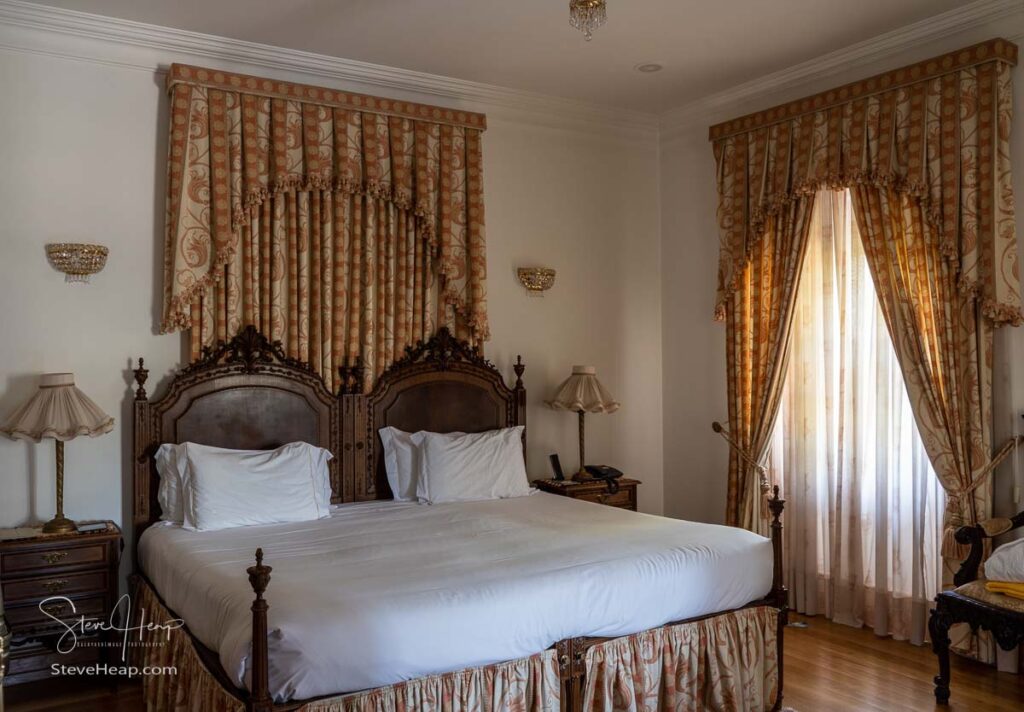
We arrived at the palace before the clouds and mist that hung over the top of the mountain had time to clear and were able to join the line to enter the palace well before it started to stretch around the entire site:
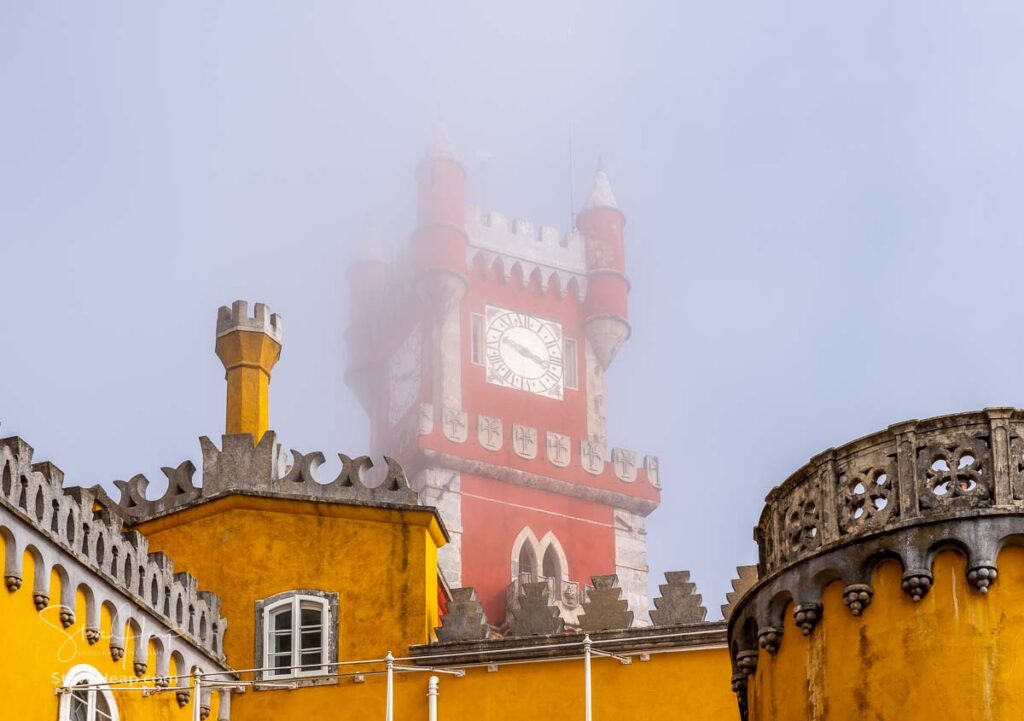
As you can see, the architecture of this palace is something to behold. It’s history, according to Wikipedia:
The castle’s history started in the Middle Ages when a chapel dedicated to Our Lady of Pena was built on the top of the hill above Sintra. According to tradition, construction occurred after an apparition of the Virgin Mary.
In 1493, King John II, accompanied by his wife Queen Leonor, made a pilgrimage to the site to fulfill a vow. His successor, King Manuel I, was also very fond of this sanctuary, and ordered the construction of a monastery on this site which was donated to the Order of Saint Jerome. For centuries Pena was a small, quiet place for meditation, housing a maximum of eighteen monks.
The Great Lisbon Earthquake of 1755 took the heaviest toll on the monastery, reducing it to ruins. Nonetheless, the chapel escaped without significant damage.
For many decades the ruins remained untouched, but they still astonished young prince Ferdinand. In 1838, as King consort Ferdinand II, he decided to acquire the old monastery, all of the surrounding lands, the nearby Castle of the Moors and a few other estates in the area. King Ferdinand then set out to transform the remains of the monastery into a palace that would serve as a summer residence for the Portuguese royal family. The commission for the Romantic style rebuilding was given to Lieutenant-General and mining engineer Wilhelm Ludwig von Eschwege. Eschwege, a German amateur architect, was much traveled and likely had knowledge of several castles along the Rhine river. The construction took place between 1842 and 1854, although it was almost completed in 1847: King Ferdinand and Queen Maria II intervened decisively on matters of decoration and symbolism. Among others, the King suggested vault arches, Medieval and Islamic elements be included, and he also designed an ornate window for the main facade.
Wikipedia
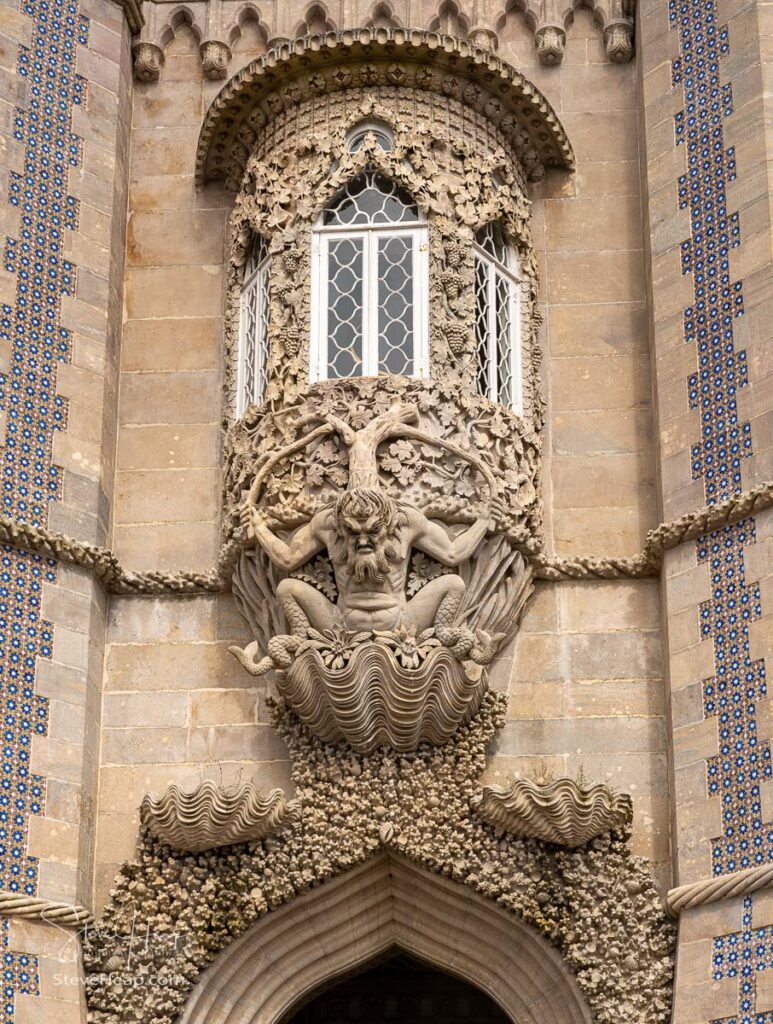
The palace is now a museum after the overthrow of the Royal Family and the Republican Revolution in 1910 and was placed on the World Heritage Site list in 1995.
From the battlements, you can see the Castle of the Moors, itself a much older construction started by the Moors in the 8th and 9th Centuries.
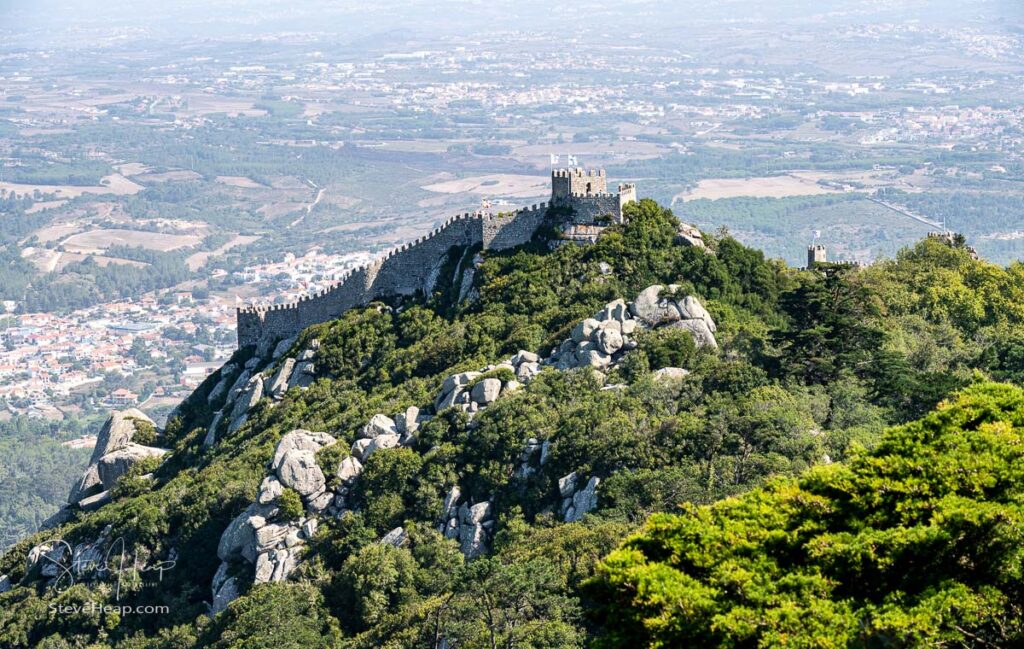
As we had taken a taxi to the palace, we decided that we could walk to the castle before descending down into Sintra, which you can see in the distance in the photo above! The start of this walk was through the gardens and grounds of the Palace, with its interesting structures built into the landscape. This particular stone tower in a lake was actually built as a house for the ducks that live here!
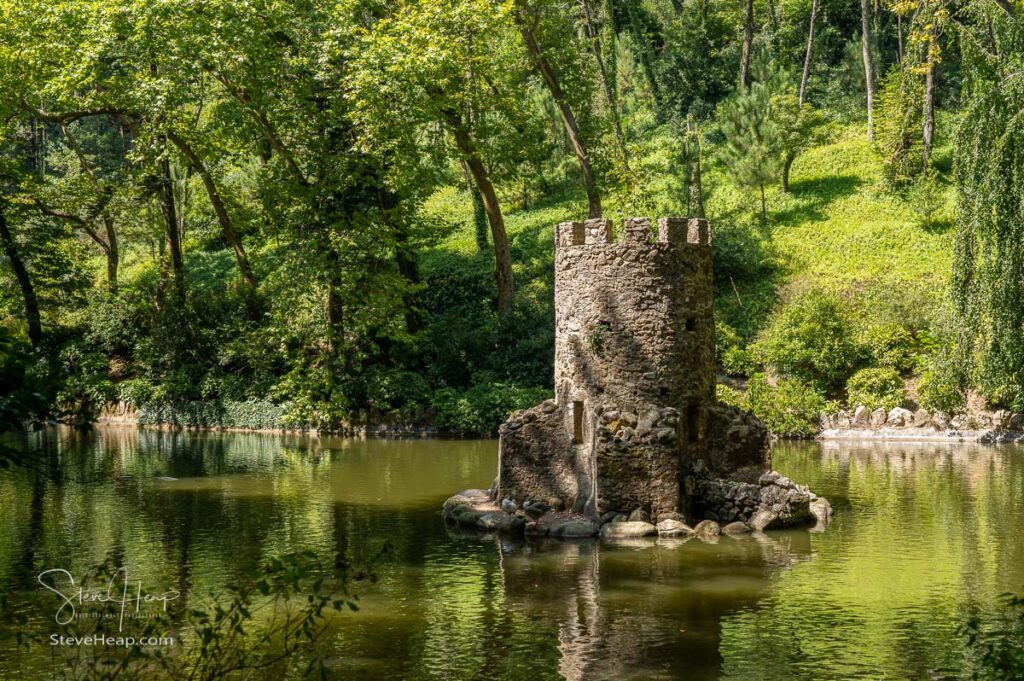
To reach the castle, we had to walk along the road a little then across and up the hill leading to the battlements. And once inside, there were many, many more steps to climb!
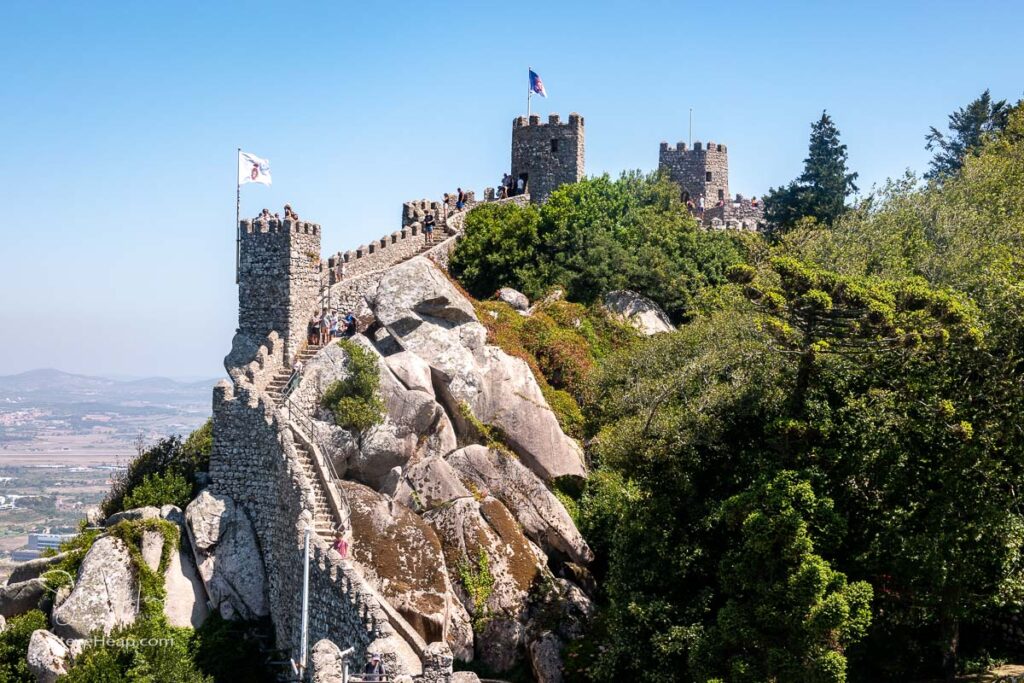
And the views from those towers down into Sintra gave us a taste of what was to come before we reached the town itself:
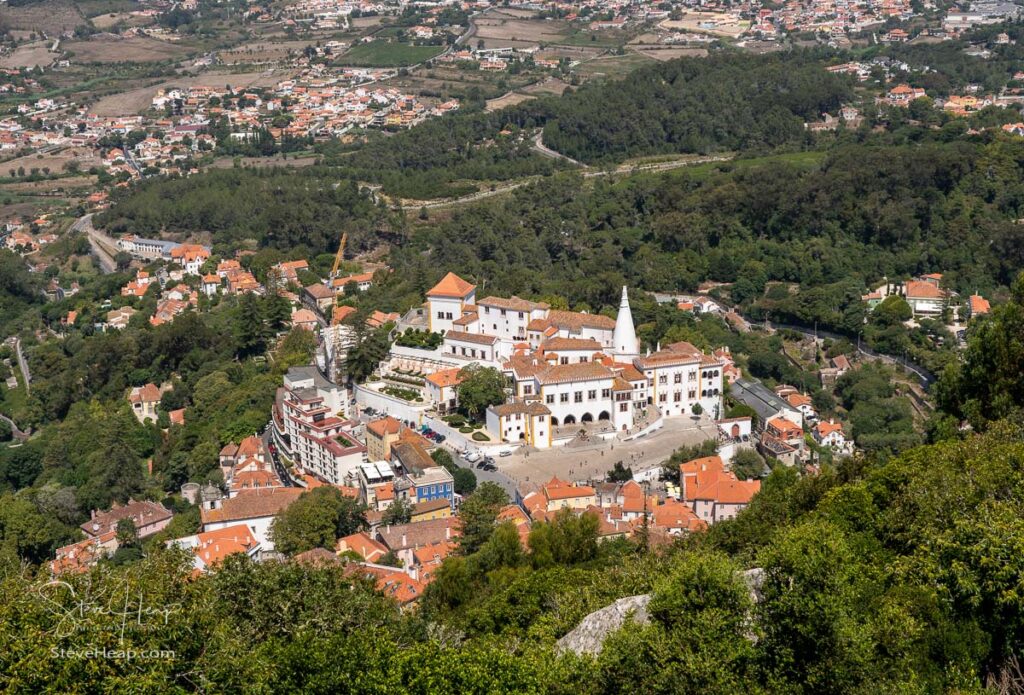
I think it is safe to say that we were somewhat hungry at this point, but the walk down the hill seemed the simplest way back to civilization, and so we headed onwards and downwards:
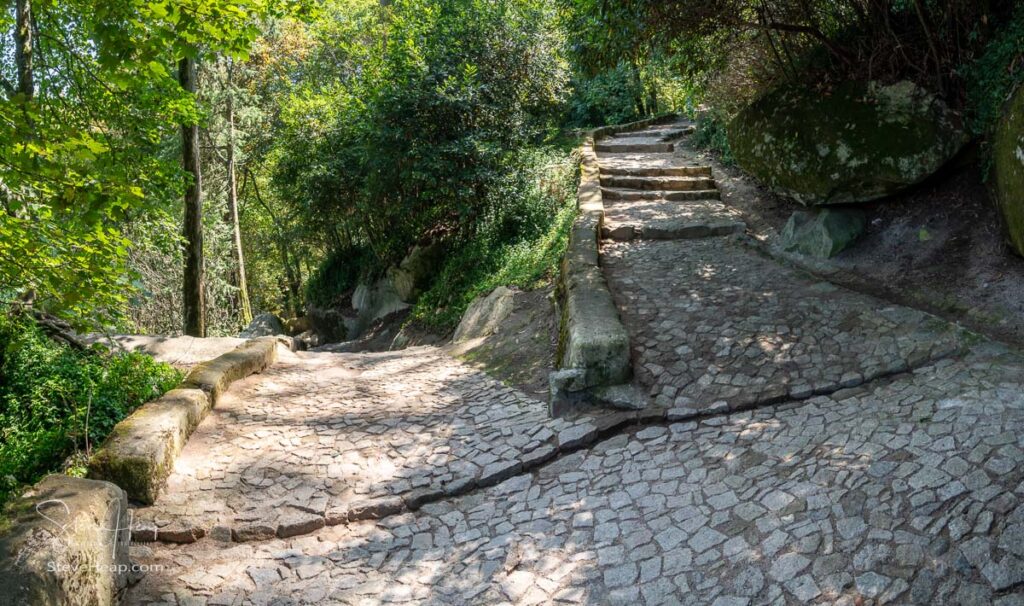
But on we went and finally ended up in the town and found a lovely little bistro for a well-deserved beer and lunch. But there was more to see! The National Palace in Sintra. This is the best preserved medieval royal palace in Portugal and is relatively new as it was built in 1415! At least new compared to the castle! The decorations inside are well worth the visit, and includes many rooms still with their original designs. This particular one is the Swan Room:
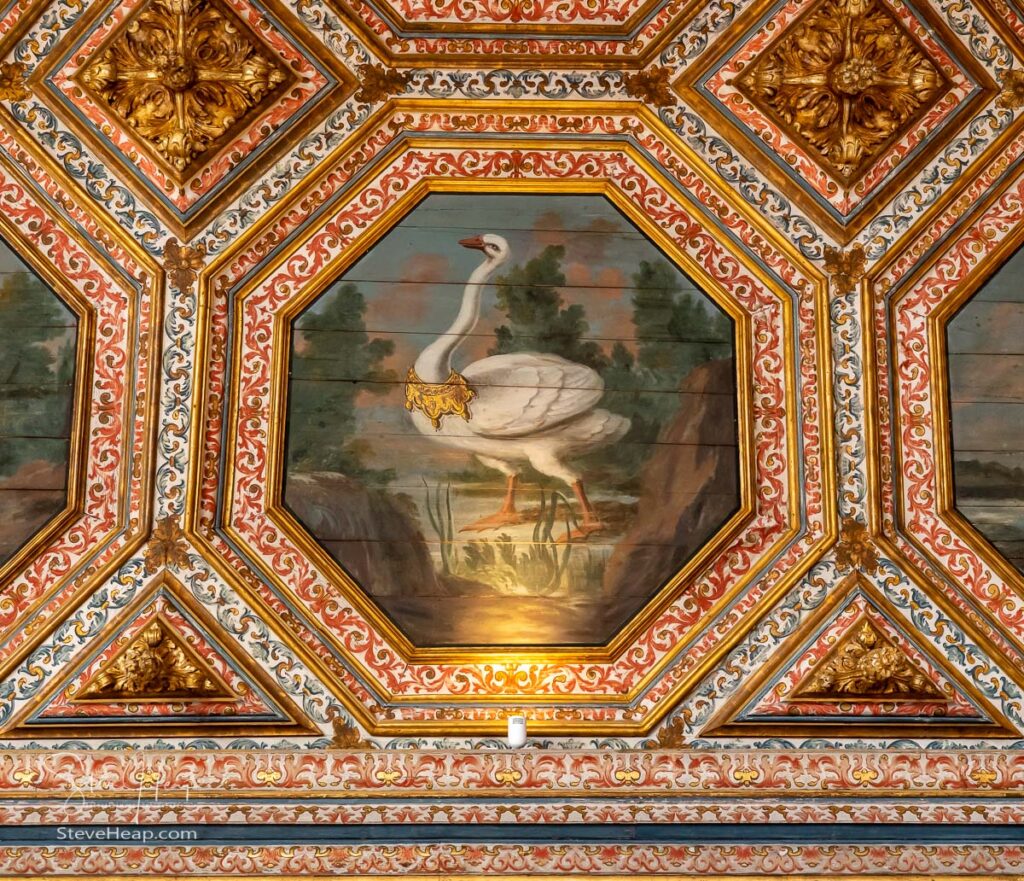
And in the courtyard, this small alcove completely covered with the Azulejo tiles so typical of the area.
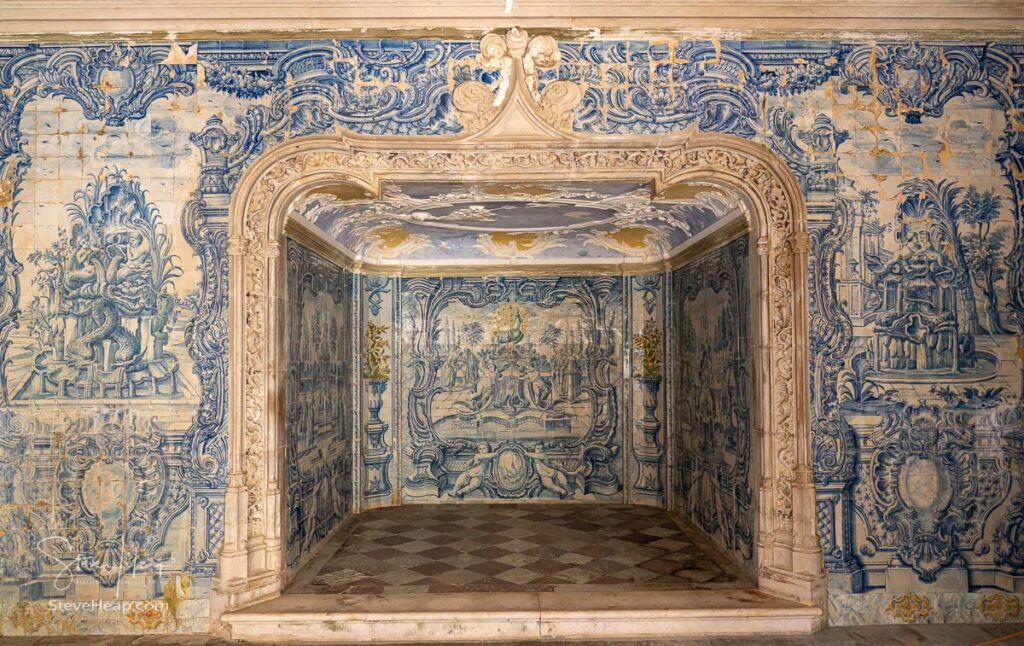
Believe it or not, but we walked then from the center of Sintra back to our hotel and had a lovely wine and cheese snack on the patio with our feet up! That evening, we had our final dinner on the outdoor terrace to be greeted with not only a view of the town hall illuminated in Sintra, but also the Moorish Castle high on the hill above the town:
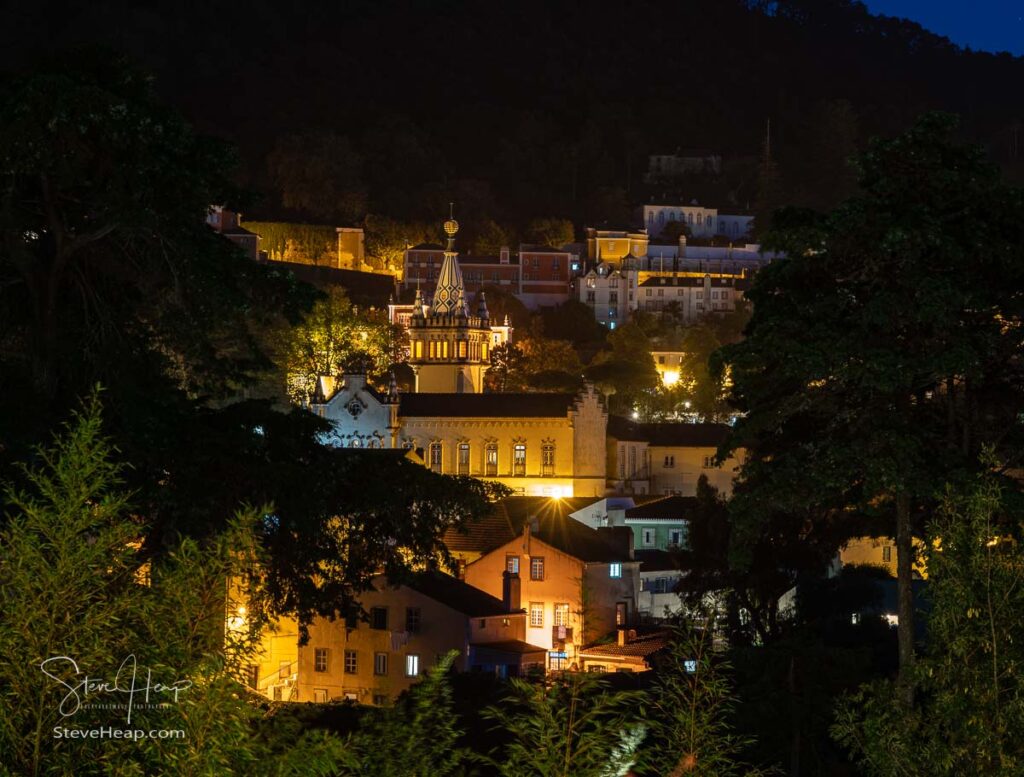
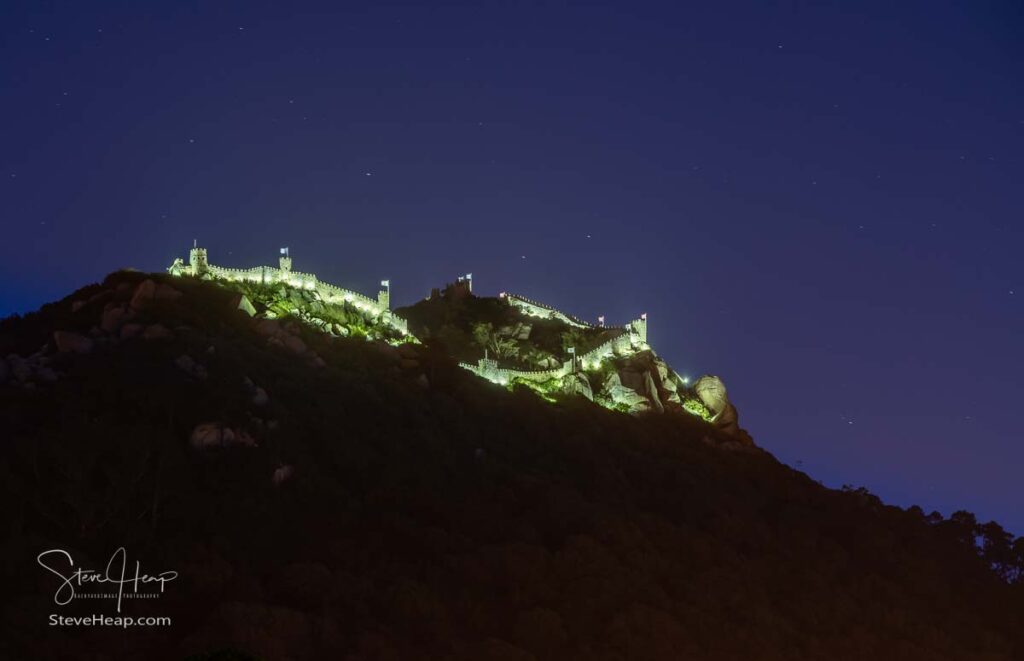
We still had a lovely breakfast to look forward to, but then it was a drive towards Lisbon and the airport where we left our rental car, and finally the flight back to Washington DC and a long drive home to West Virginia. I’m not sure I should finish with this photograph after all the lovely meals we had had on the Viking Cruise and in these hotels, but our evening meal after our drive home was going to be some great chicken pies from Trader Joe’s. Perhaps they should have been taken out of the microwave before this point!
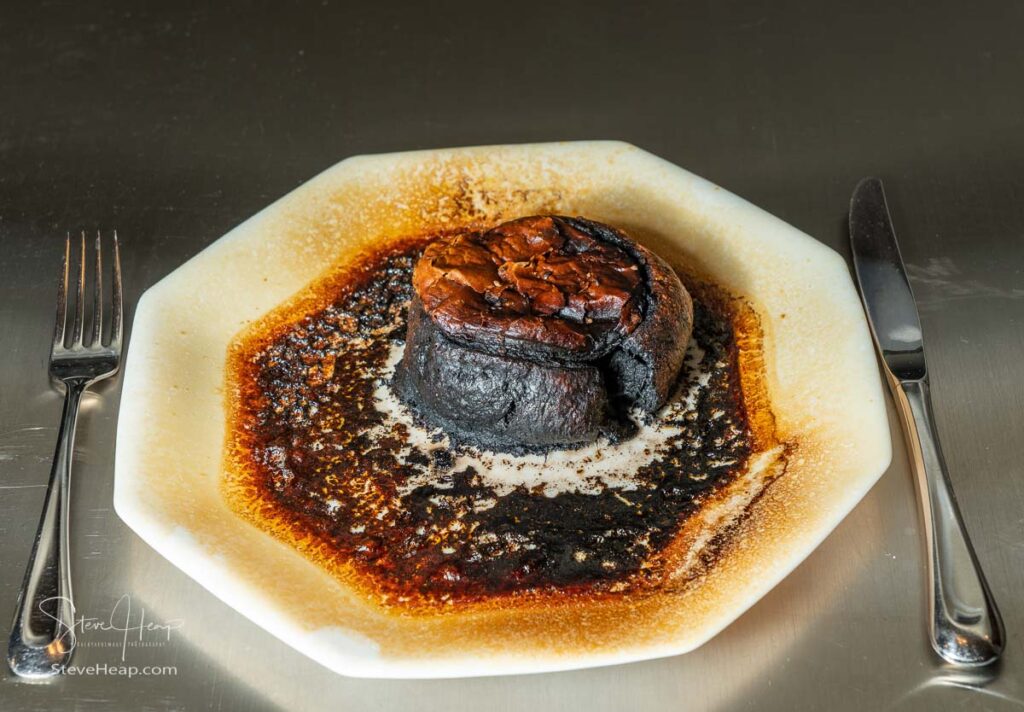
All in all, this trip to Portugal with the River of Gold cruise was one of the best experiences we have ever had. I would really like to revisit Portugal at some point and explore some more, but I know there are many other intriguing places to visit as well. Time will tell!
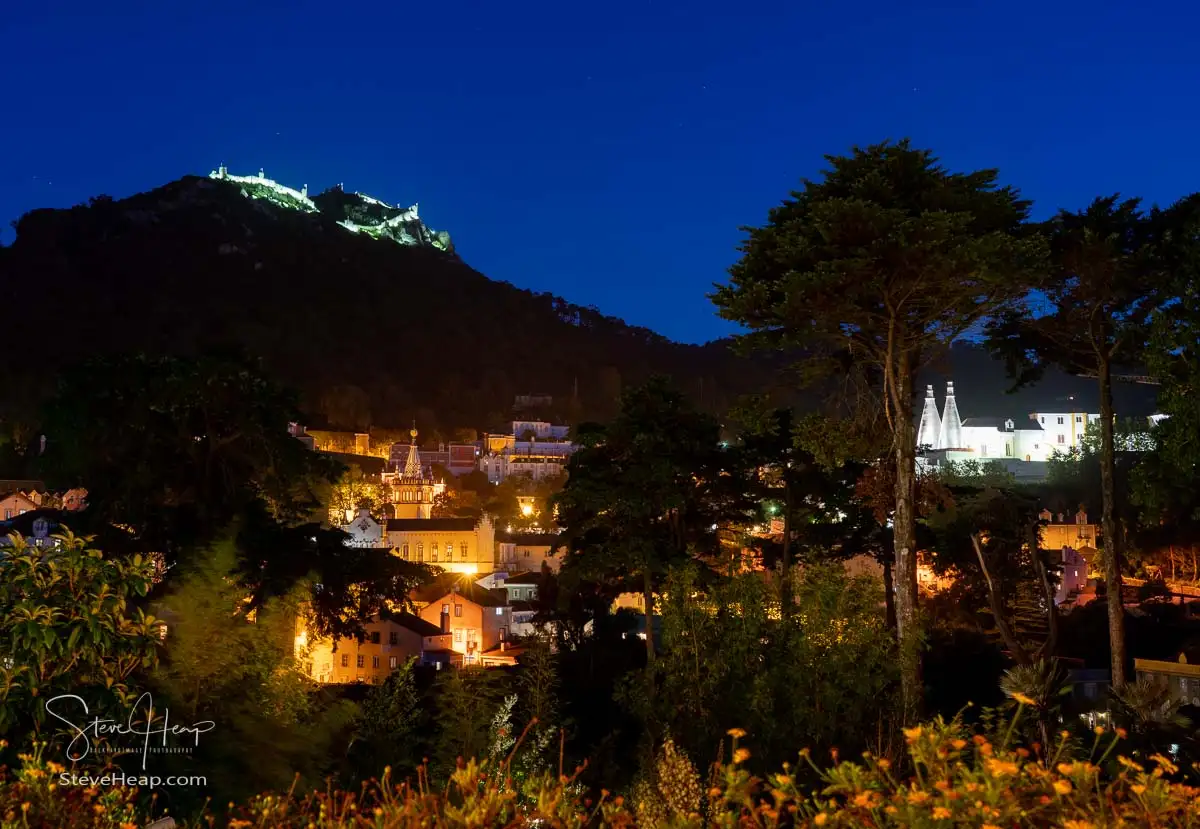
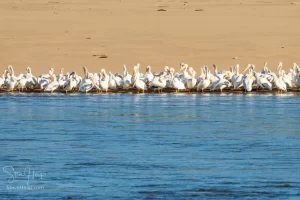

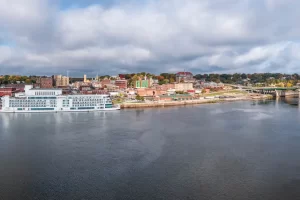
Alexios N.
24 Mar 2024I really enjoyed reading your posts about the River of Gold cruise! You have captured some beautiful photos and the experience sounds amazing for sure!
Steve Heap
24 Mar 2024Thanks Alexios! That set of articles turned out to be quite a task, as I had forgotten how many places we had visited. It almost turned into a book! Glad you enjoyed reliving it with me!